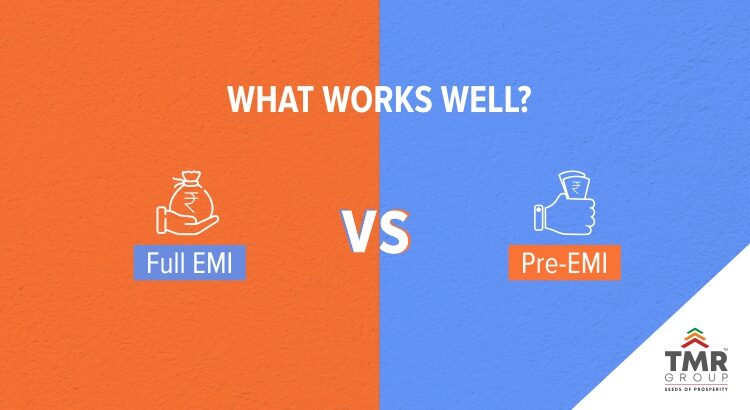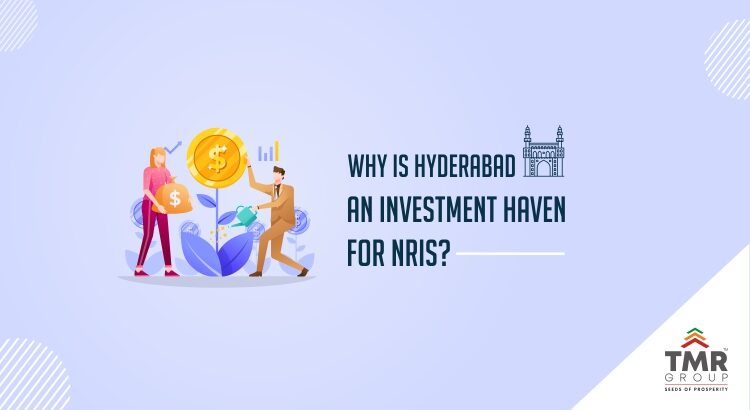Since the pandemic, a vast majority of people have started investing in real estate as it shields the future of their families from any uncertainties. The Government has taken noteworthy steps to boost home and property ownership in India. The interest rates of the banks are at an all-time low and are expected to stay the same for another year or so! This has opened a window of opportunity to invest in real estate and cherish the amazing returns as India is predicted to go through inflation soon. Real estate is an amazing asset to hold during inflation. Banks offer flexible EMIs that can be paid off over 30 years in extreme cases. EMIs are an opportunity to pick anything off the shelf without paying for it right away with thorough implications of penalties if delayed.
About Full EMI
Full EMI repayment of a home loan refers to the payment of the principal amount as well as the interest levied on the loan. Installments of the payment begin once the construction of the houseis completed. Some banks also allow the commencement of full EMI payment while the loan amount is being disbursed in stages.
About Pre EMI
Pre-EMI is paid only on the interest rate applicable on the loan. Pre-EMI is paid during the construction of the house and ends once the construction is completed. The amount is lesser as Pre-EMI covers only the interest portion is and the principal amount remains the same. The pre-EMI period is not part of the loan tenure and commences once the phase of pre-EMI ends.
Differences between Full EMI and Pre-EMI
- After opting for the full EMI, borrowers can seek disbursal of the entire loan amount
- After opting for the Pre-EMI, the loan amount is disbursed partially
- The EMI amount paid at the beginning of the full EMI is higher as the installment covers the principal amount and the interest
- The EMI paid, in the beginning, is much lower in the case of pre-EMIs because it only covers the interest on the disbursed portion of the loan
- Full EMI interest rates are calculated as per the entire principal amount
- Pre EMI interest rate is calculated as per the disbursed loan amounts
At TMR Group, we aim to provide great investment opportunities with brilliantly developed plots in Hyderabad. Our remarkable customer executives have excellent communication skills and grasp the depths of your requirements. Our well-planned projects are placed in strategically handpicked locations that hold great potential to boost your ROIs. Visit www.tmrinfra.com to know more about us and our work.




